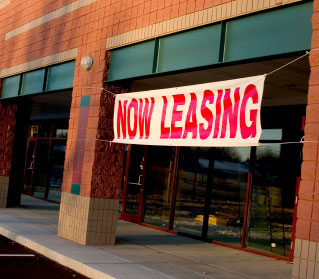 One of the main purposes behind the formation of a corporation in New York State is to insulate the principals of the corporation from personal liability for the corporation’s debts and obligations. The general law is that once a corporate is legally formed, and the business observes the specific requirements for corporate formation and structure, such as the filing with the New York Secretary of State of a certificate of incorporation, the officers and directors of the corporation are not personally liable for the obligations of the corporation.
One of the main purposes behind the formation of a corporation in New York State is to insulate the principals of the corporation from personal liability for the corporation’s debts and obligations. The general law is that once a corporate is legally formed, and the business observes the specific requirements for corporate formation and structure, such as the filing with the New York Secretary of State of a certificate of incorporation, the officers and directors of the corporation are not personally liable for the obligations of the corporation.
Of course, as with any general principle of law, there are always exceptions. Some of these exceptions include a situation where it can be shown in Court that the corporation was formed fraudulently, and is serving as a mere “alter ego” of an individual. Proving this can be difficult, and would depend on the individual circumstances of the corporation’s day-to-day operations. This legal concept is known as “piercing the corporate veil,” and is applied very rarely to assign personal liability to a corporation’s officers and directors.
A more common situation, and one which will be examined in more detail in this blog post, is where a corporate officer or director personally guarantees the obligations of the corporation. One example is where the corporation seeks a commercial lease for office space or a retail store. A landlord may demand that a corporate officer personally guarantee the corporation’s obligations under the lease. If the corporation then defaults under the lease, the individual who guaranteed the lease may find himself personally liable for the corporate obligations under the lease.
 New York Real Estate Lawyers Blog
New York Real Estate Lawyers Blog


 Those who bid at property auctions in New York are confronted with many potential issues. Auction properties are often attactive to first-time homeowners and to investors because they are perceived as being less expensive than comparable properties. If the property is residential, the bidding process differs based upon whether the property is a single-family house, a condominium unit or a cooperative unit. The type of property, whether it is commercial or residential, may have implications for tenants already in occupancy and whether such tenants may have statutory occupancy rights.
Those who bid at property auctions in New York are confronted with many potential issues. Auction properties are often attactive to first-time homeowners and to investors because they are perceived as being less expensive than comparable properties. If the property is residential, the bidding process differs based upon whether the property is a single-family house, a condominium unit or a cooperative unit. The type of property, whether it is commercial or residential, may have implications for tenants already in occupancy and whether such tenants may have statutory occupancy rights.